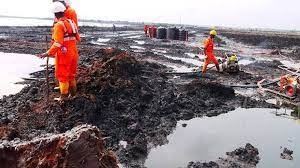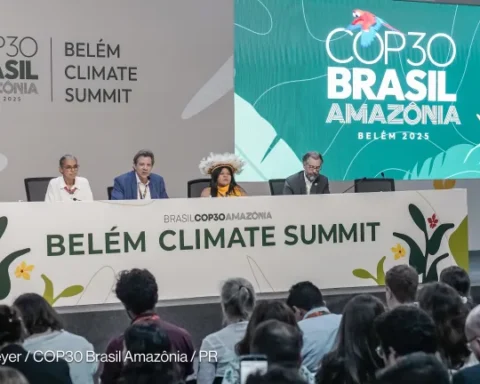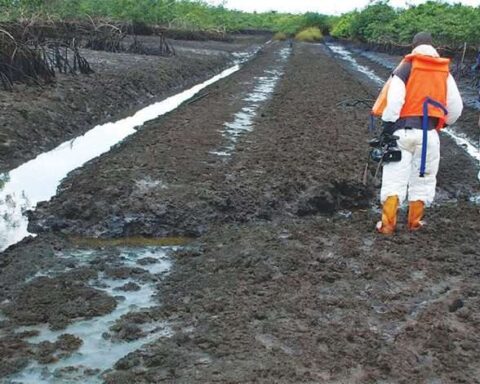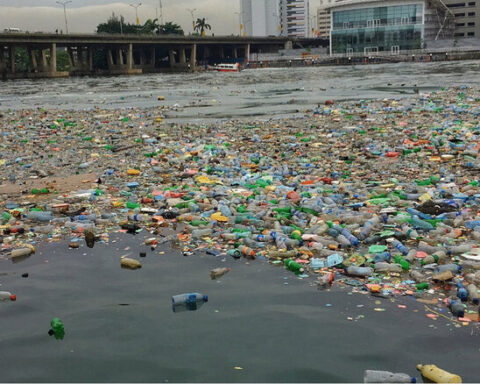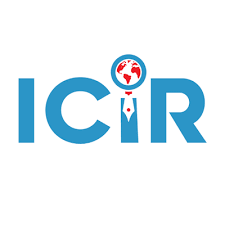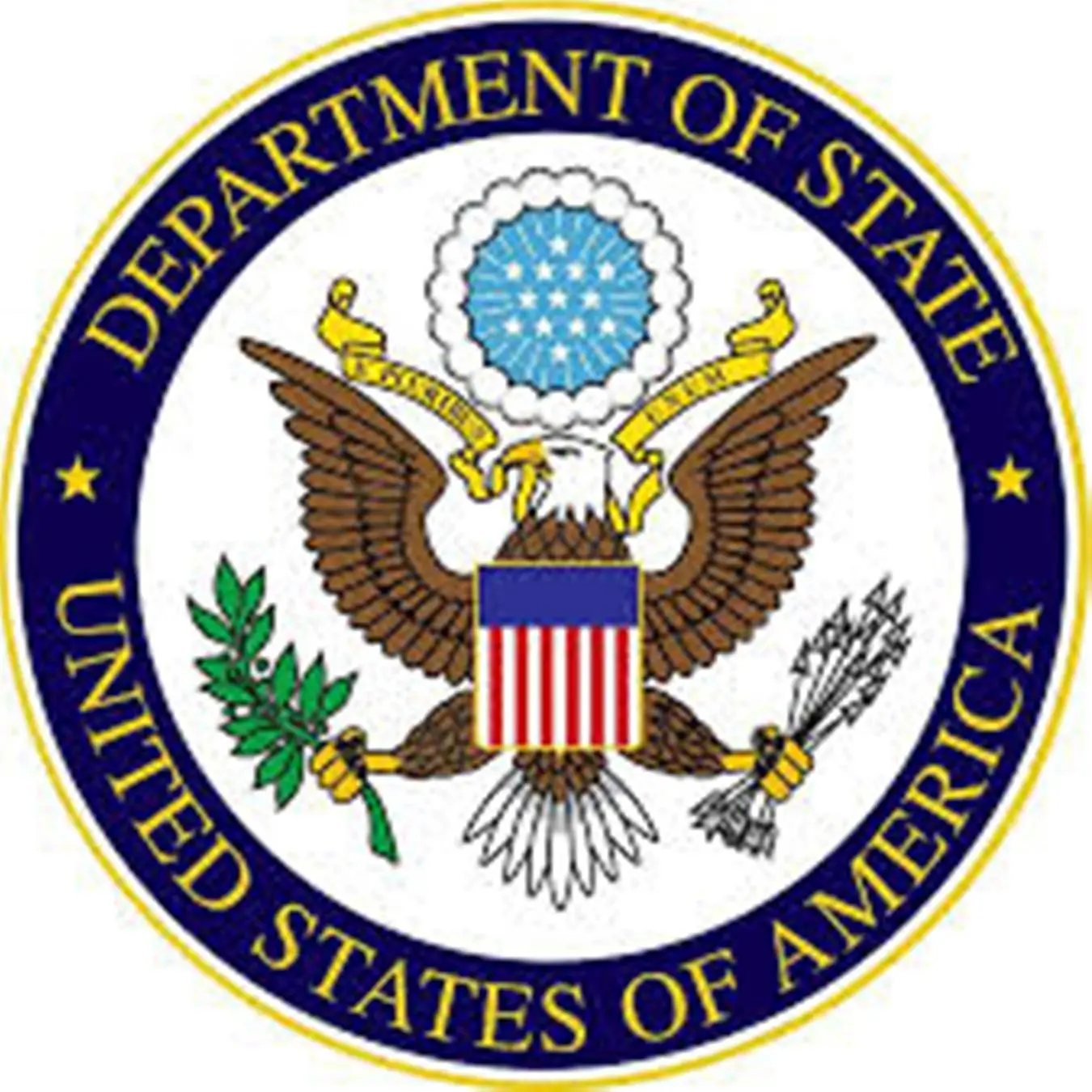The Ogoni region has been grappling with environmental pollution since oil was discovered in 1958, with devastating consequences for the communities.
The United Nations Environmental Programme (UNEP) identified joint venture partners, led by the Nigeria National Petroleum Corporation (NNPC) and executed by Shell Petroleum Development Company (SPDC), as the polluters and allocated $1 billion for the cleanup.
However, despite 12 years in motion, only $300 million has been released for the project, raising concerns about the slow progress.
Multiple sources within the civil society community (CSO) have voiced their concerns about the limited utilization of the allocated funds, resulting in only one-third of the cleanup being attempted.
The Hydrocarbon Pollution & Restoration Project (HYPREP) has completed 36 out of 50 lots in phases one and two, with 13 lots undergoing NOSDRA closeout and one still ongoing.
However, critics argue that the addressed sites have been graded as “lowly impacted,” while more complex and heavily polluted areas are still awaiting attention.
To discuss the progress, stakeholders held a one-day stakeholders dialogue on Ogoni clean-up in Port Harcourt recently.
The dialogue, with the theme: “Ogoni UNEP Report: Youths Mobilising for Justice and Social Change,” was to mark the 12 years of the United Nations Environment Programme (UNEP) report on Ogoni.
The aim of the dialogue was to mark the 12th anniversary of the submission of the report of the United Nations Environment Programme (UNEP) on Ogoni environment to the federal government.
At the dialogue, civil society organisation, the African Indigenous Foundation for Energy and Sustainable Development (AIFES), stated that the activities of illegal oil bunkering were contributing to the damage of the Niger Delta region.
AIFES executive Director, Mr. Legborsi Piagbara stated that youths, alongside some elements in the oil industry, connive to carry out oil bunkering activities on a daily basis, thus destroying the environment more than oil exploration and exploitation activities of oil multinationals.
He said: “One of the challenges we are facing at the moment is oil bunkering. It is clearly driven by the youths. If you look at it, the damage it has done to our environment in the last few years of intensive bunkering of oil in the Niger Delta, has done us more damage than even what we contemplated from the oil companies.
“What I am trying to say is the damage we have done to ourselves in bunkering, even when we condemned the oil industry for what they are doing, but we have done far more damage to ourselves than even what the oil industry has done.
“It might have been done in complicity with them but if you allow an outsider to come to your own house and connive with strangers to destroy your own house; what are you doing? Are you doing the strangers, or you are doing yourself?” He said.
The Ogoni cleanup journey has been lengthy and challenging, marked by activism and the establishment of MOSOP (Movement for the Survival of the Ogoni People) during the conscious era to fight for environmental restoration.
After decades of struggle, Shell (SPDC) was expelled from Ogoni in 1993, but the Ogoni-9 incident brought further attention to the issue.
UNEP’s study in 2005 confirmed the pollution, but immediate action was delayed until HYPREP’s establishment in 2012.
While progress gained momentum under President Muhammadu Buhari’s administration in 2016, leadership changes and criticisms have hindered the cleanup efforts.
The appointment of Professor Nanibarini Zabbey as the substantive Project Coordinator is seen as a positive step by environmental CSOs.
Independent assessments of the project have raised concerns, citing a lack of urgency in implementing emergency measures recommended by the UNEP report.
Critics argue that HYPREP’s approach has focused on large-scale projects, delaying funds allocation to address urgent community needs.
The challenge now lies in effectively utilizing the $300 million released by International Oil Corporations (IOCs) for the cleanup.
Experts and CSOs are calling for meaningful action to clean up Ogoni in line with the UNEP report’s mandate.
Illegal oil bunkering activities are also contributing to the damage in the Niger Delta region.
AIFES has highlighted the destructive impact of these activities, with youths and elements in the oil industry involved. The organization stresses the need for collective responsibility to protect the environment.
The stakeholders’ dialogue on Ogoni cleanup in Port Harcourt marked the 12th anniversary of the UNEP report submission on Ogoni environment to the federal government.
The dialogue was attended by youth leaders and representatives from various communities in Ogoniland, emphasizing the importance of mobilizing for justice and social change.
Overall, there is a shared sentiment among experts, CSOs, and community members that immediate and decisive action is crucial to tackle the environmental challenges in Ogoni and ensure a better future for the region.
By Hauwa Ali and Obiabin Onukwugha


